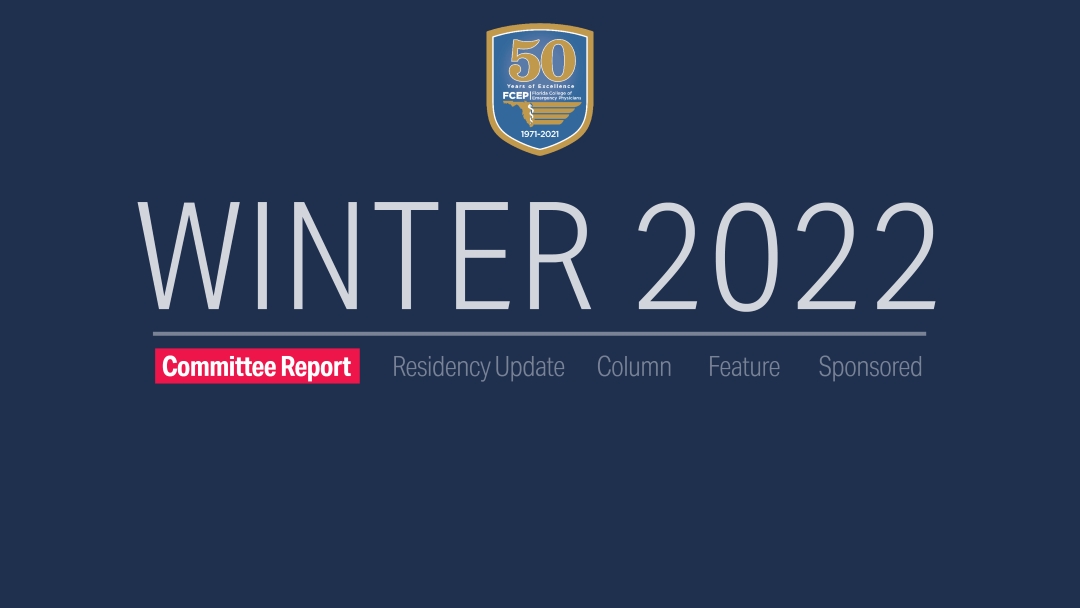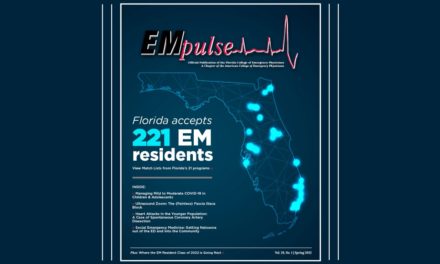COVID-19 in Children: Frequently Asked Questions by Emergency Providers
1. Are certain groups of children at higher risk of severe COVID-19?
Children with underlying medical conditions, including genetic, neurologic, metabolic, or congenital heart disease, are at increased risk for severe illness than children without underlying medical conditions.
In a recently published study by the COVID-NET surveillance network, severe COVID-19 rates were highest among infants, Hispanic children, and non-Hispanic Black children. For children aged <2 years, chronic lung disease, neurologic disorders, cardiovascular disease, prematurity, and airway abnormality were associated with severe COVID-19. Among children 2-17 years, feeding tube dependence, diabetes mellitus, and obesity were associated with severe COVID-19.
2. When should I suspect MIS-C?
Patients with Multisystem Inflammatory Syndrome in Children (MIS-C) may present with a recent history of COVID-19 exposure or infection and have a persistent fever with more than one of these symptoms: stomach pain, red eyes, diarrhea, dizziness, skin rash, or vomiting. They may have elevated inflammatory markers (e.g., CRP, ferritin), elevated cardiac markers (e.g., troponin; BNP), and multisystem involvement without alternate plausible diagnoses.
3. What tests should I order to evaluate for MIS-C?
CBC, CMP, CRP, ESR, BNP, Troponin, EKG.
Additional tests (if ill-appearing): PT/PTT, D-dimer, Ferritin, Lactic acid, urine and blood culture, VBG, Respiratory Panel with COVID, CXR.
4. What can we do about the new SARS-CoV-2 variants?
At this time, there is insufficient data to predict the impact Omicron or new SARS-CoV-2 variants might have in the United States, especially among children. The Centers for Disease Control, the American College of Emergency Physicians, and the American Academy of Pediatrics continue to support COVID-19 vaccination as the best way to prevent severe morbidity and mortality from SARS-CoV-2.
5. What about the risk of myocarditis due to the COVID vaccine?
Studies show that the risk of myocarditis in adolescents and young adults is 6-34x higher post-SARS-CoV-2 infection than post-mRNA vaccines. Moreover, cases of post-vaccine myocarditis were noted to require shorter hospital stays (1-2 days) vs. myocarditis caused by SARS-CoV-2 infection, which has been more severe, requiring an average hospital stay of five days. CDC continues to monitor the situation and provide guidance for healthcare providers. ■
This article is part of the following sections:





